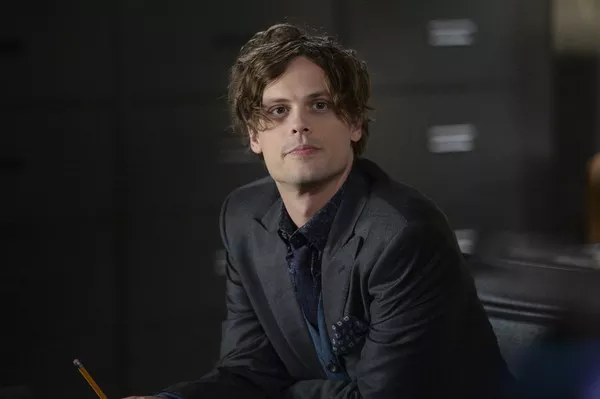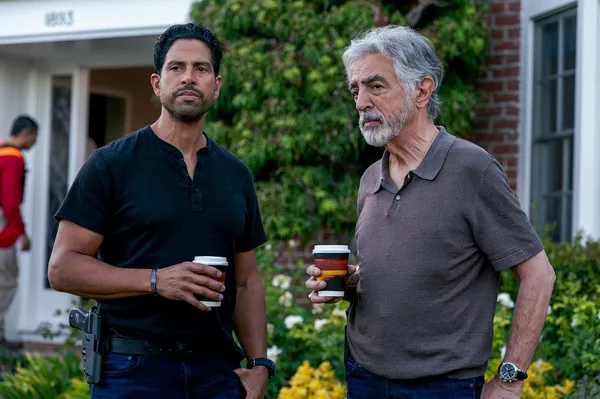In a cinematic journey that has sparked both fascination and controversy, Jonathan Glazer’s “The Zone of Interest” continues to captivate audiences. The film, set against the backdrop of the Holocaust, has been making waves since its premiere at the Cannes Film Festival earlier this year, and its North American debut at the Telluride Film Festival in September only served to heighten its profile.
Noah Morse, a 26-year-old filmmaker, found himself compelled to attend the 10 p.m. showing of “The Zone of Interest” after a full-day shift volunteering at the Telluride Film Festival. Despite warnings from friends about its German language and long, contemplative shots, Morse, who is Jewish, was drawn to the film’s premise and Glazer’s previous works.
“I wouldn’t classify it as slow cinema in any regard,” Morse explained. “I was completely locked in.”
The film, which is set for release on December 8, has garnered considerable attention in an industry facing challenges due to the writers’ and actors’ union strikes, allowing room for daring and thought-provoking films to shine.
“The Zone of Interest” has notably followed a remarkable trajectory, with its journey tracing back to an incident at Cannes where journalists persistently questioned the festival’s jury about why Jonathan Glazer did not receive the Palme d’Or for the film. While “Zone” received the Grand Prix, the Palme went to “Anatomy of a Fall” by French director Justine Triet.
Both films subsequently made appearances at the Telluride and Toronto film festivals and are anticipated to be contenders for Best Picture nominations at the Oscars. The films share the talented Sandra Hüller in their cast, a notable advantage given her non-membership in the Screen Actors Guild.
Despite being challenging material, “The Zone of Interest” has attracted significant attention and praise. Glazer, a Jewish filmmaker from Europe, has long contemplated the Holocaust, and his journey to create “Zone” began when he and producer James Wilson acquired the rights to Martin Amis’s 2014 novel, focusing on a fictional Nazi officer inspired by Rudolf Höss, the longest-serving commandant at Auschwitz.
The film’s meticulous research spanned a decade, delving into the archives of the Auschwitz-Birkenau museum in Poland, using actual transcripts and documents to craft the dialogue. The film sheds light on the life of Höss, his wife Hedwig, and their children, juxtaposing the unimaginable horrors of Auschwitz with the mundane aspects of their existence.
Glazer aimed to create a Holocaust film unlike any other, emphasizing an anthropological and unemotional perspective, highlighting the banality of evil. His approach involved shooting with 10 cameras simultaneously, with Polish cinematographer Lukasz Zal strategically placing them around the house and garden. The crew remained hidden in the basement during filming.
“We really just wanted to observe almost from a neutral point of view, to score a critical distance so we could see not how they thought but how they acted,” explained Glazer.
The film’s portrayal of Nazis as career-driven individuals rather than simply born villains or coerced citizens has sparked discussion. It challenges the notion that anyone can be complicit in evil acts if it becomes part of their job or career path.
Glazer, though not commenting directly on current politics, acknowledges the film’s increasing relevance over its decade-long production. “One of the things that seemed impossible to comprehend when we started was how a whole society could kind of relinquish their own moral responsibility,” he said. “And I think over the past few years, it’s become very obvious to me how that’s possible.”
“The Zone of Interest” continues to intrigue and provoke audiences as it navigates the sensitive and complex subject matter of the Holocaust, earning its place in the cinematic spotlight.
























